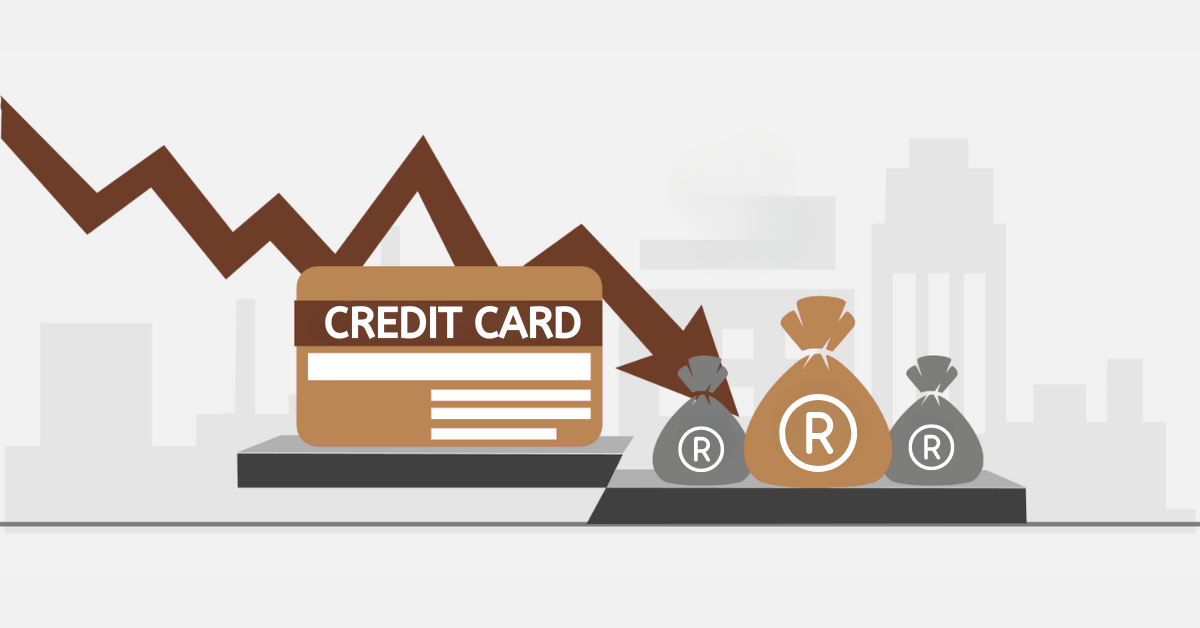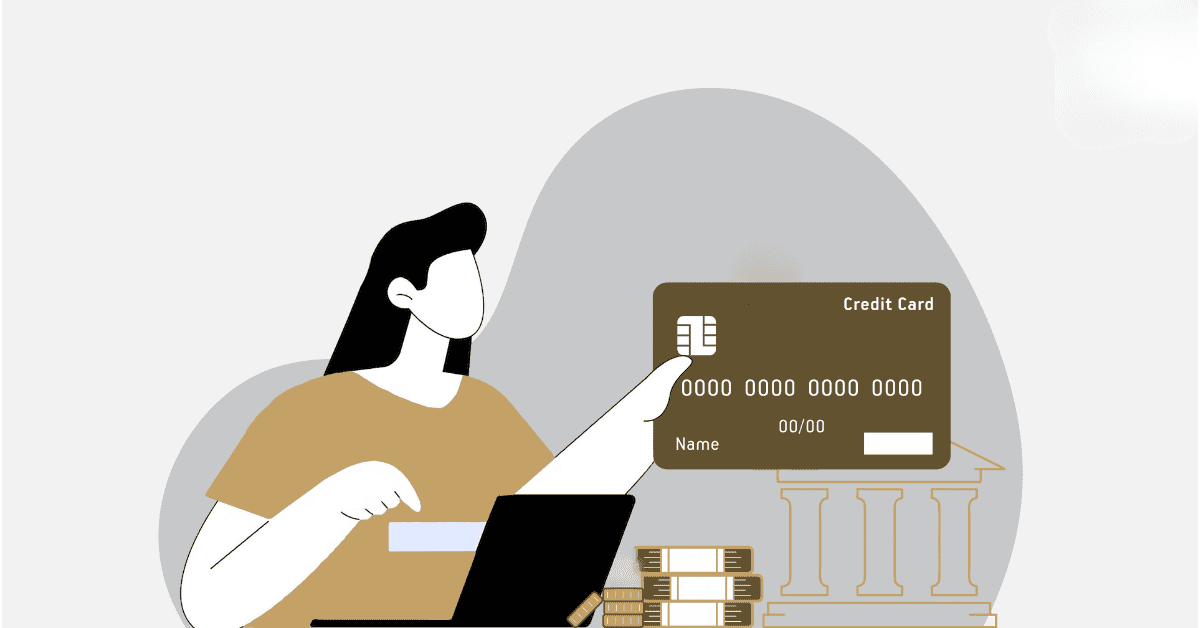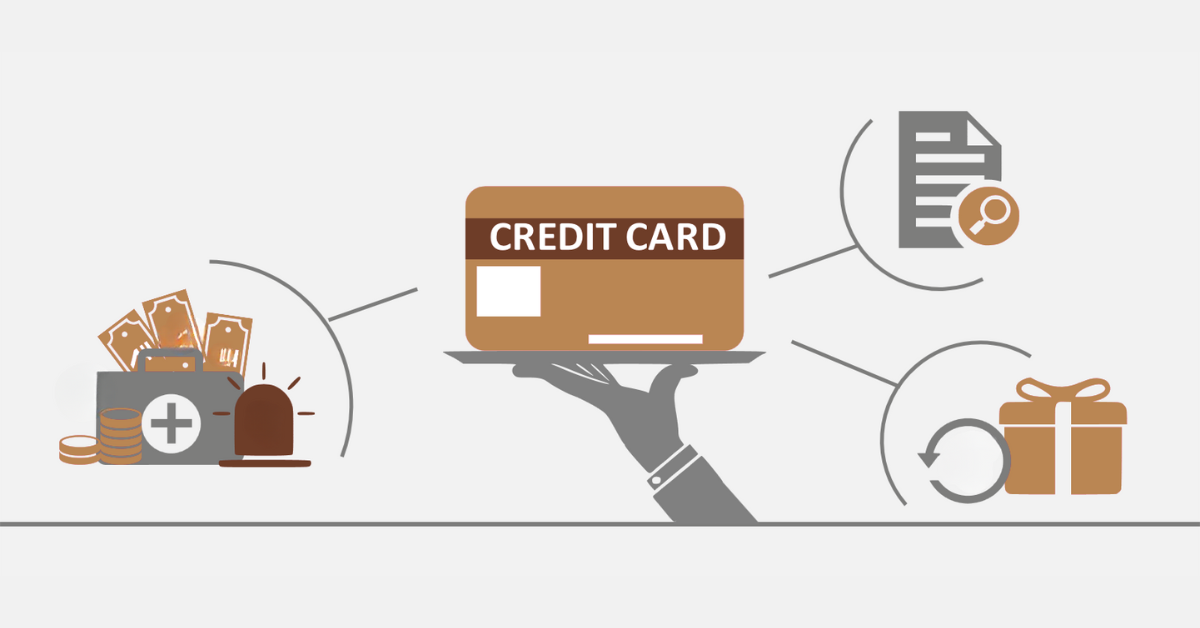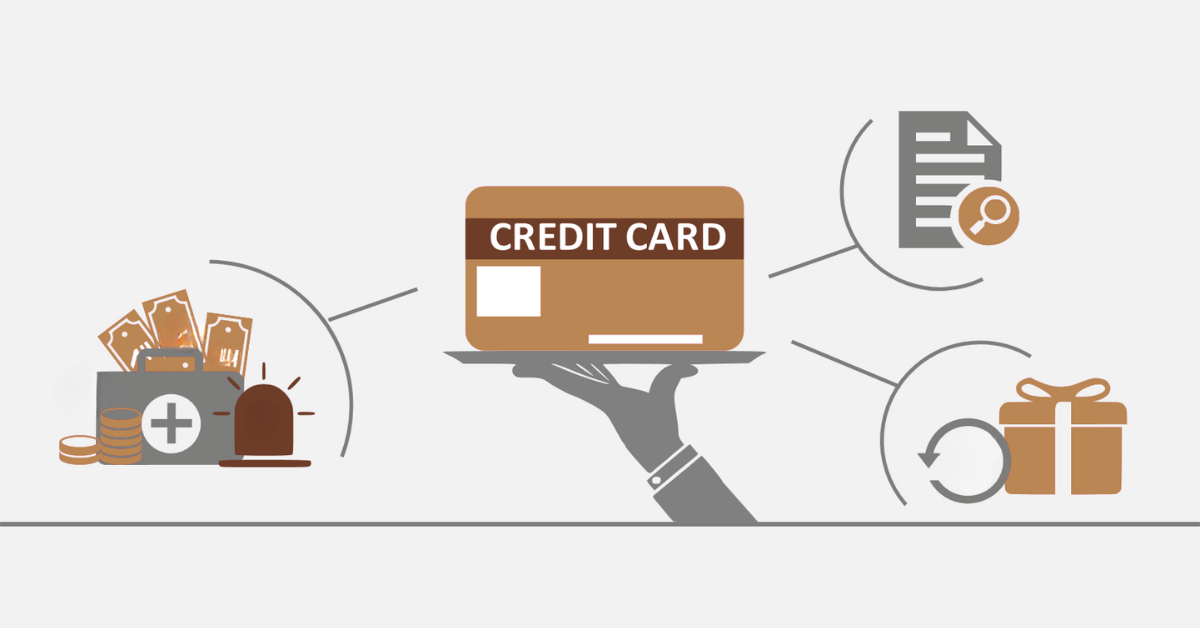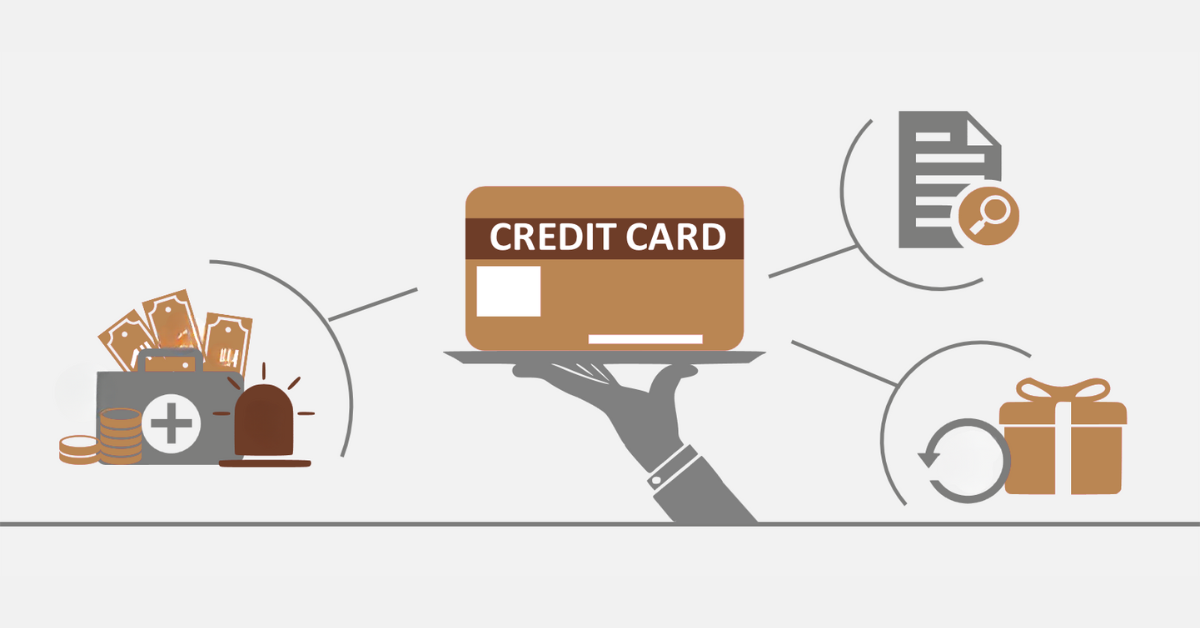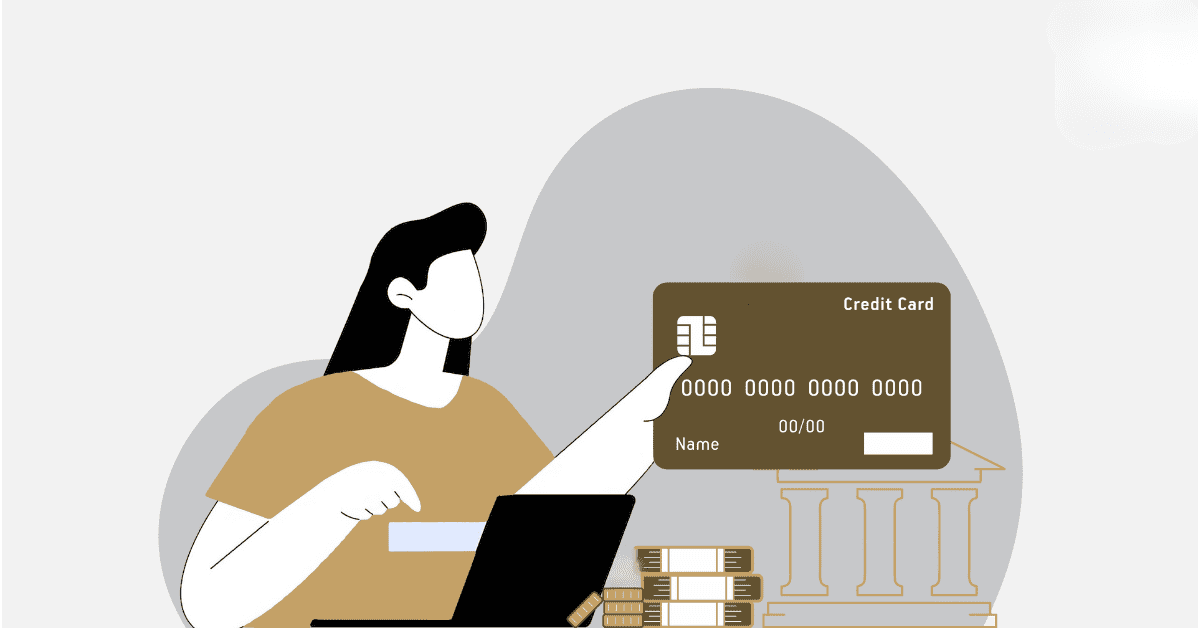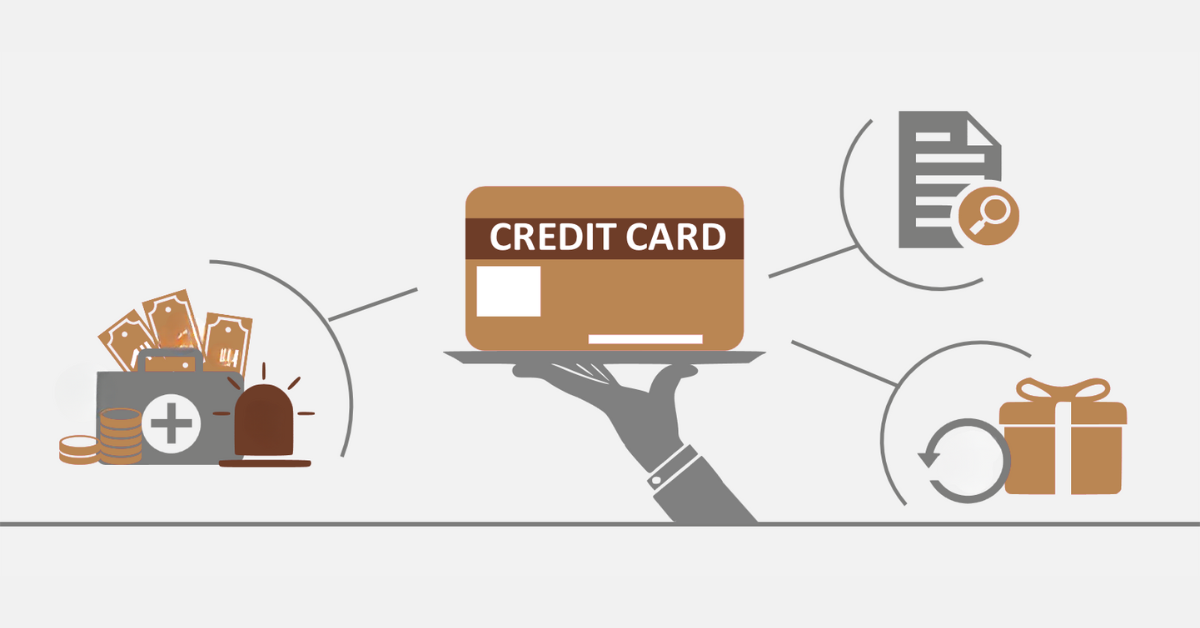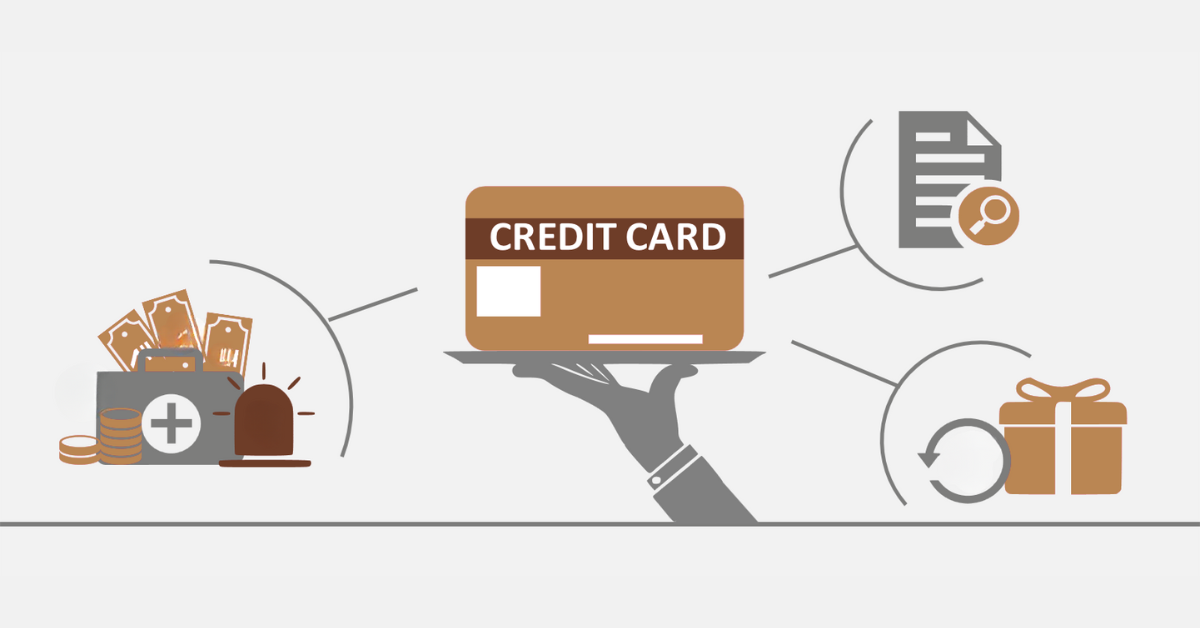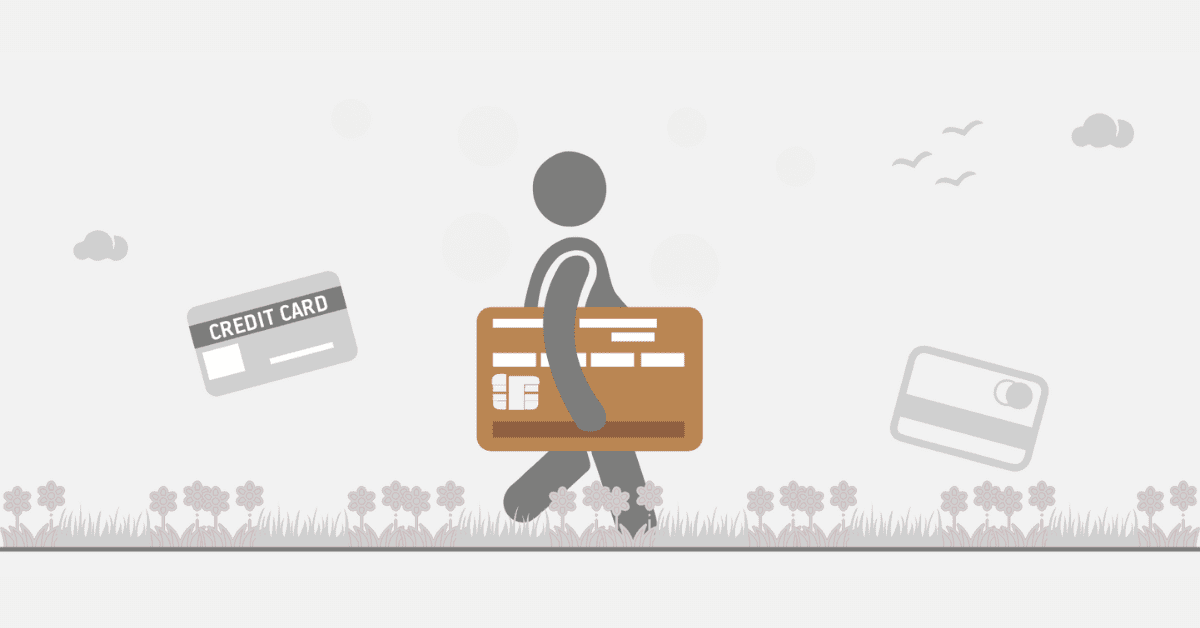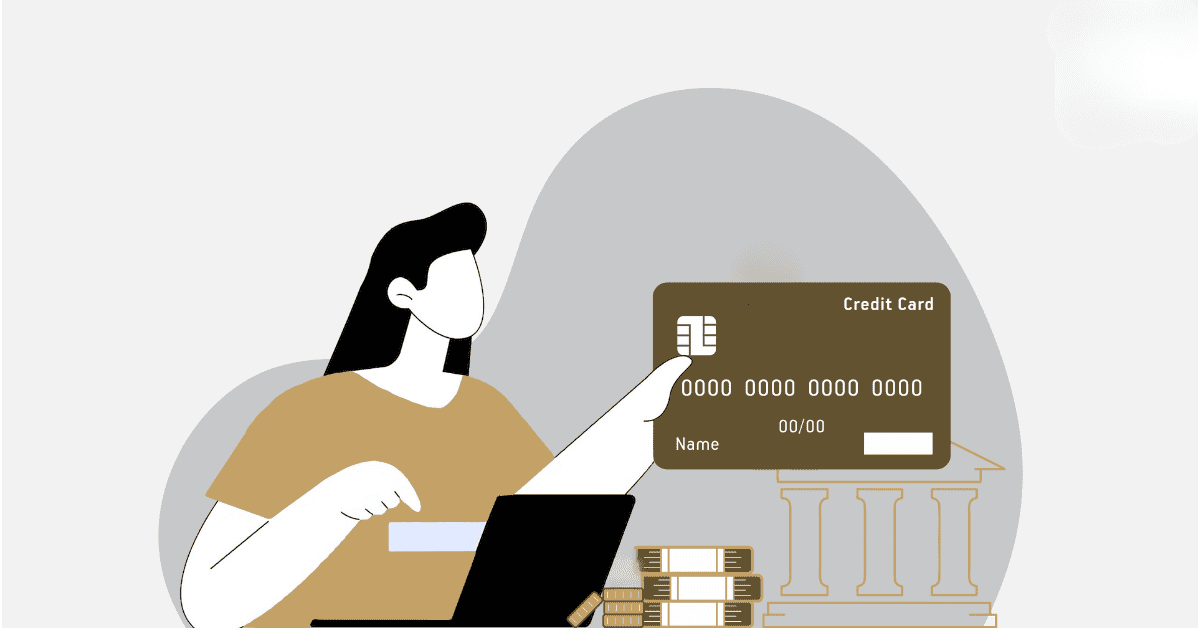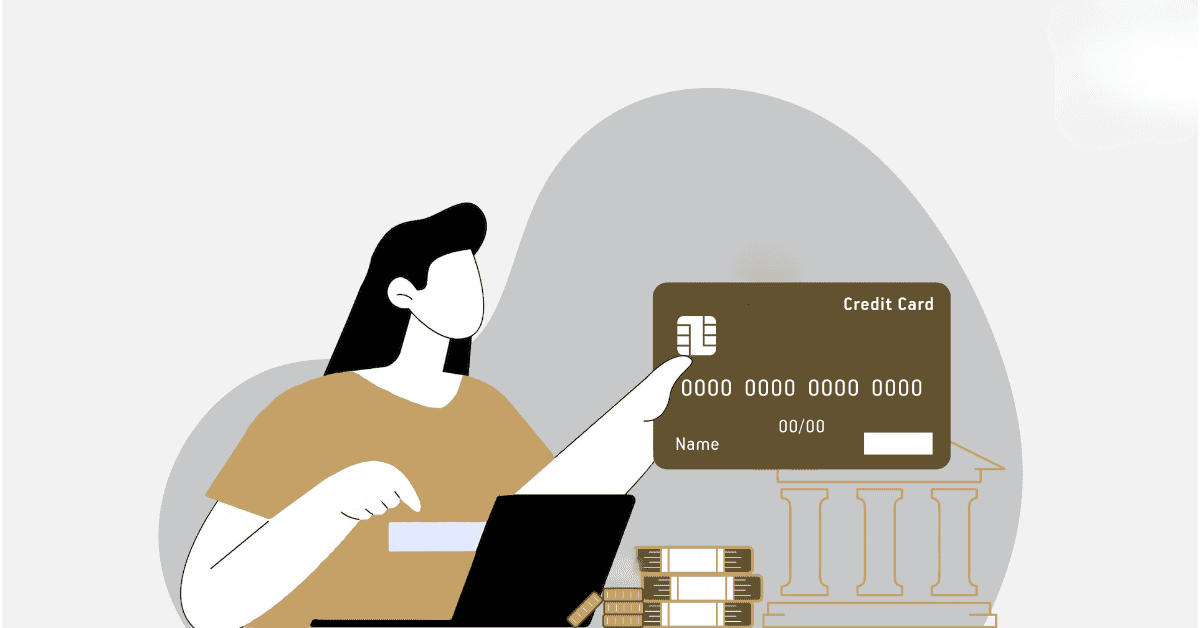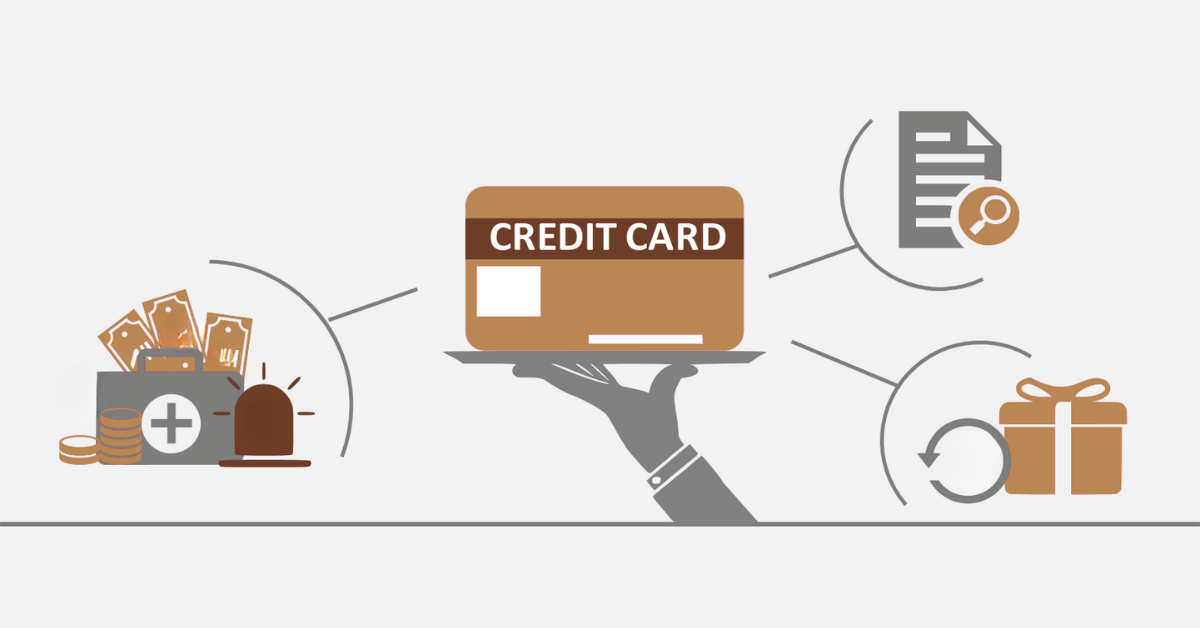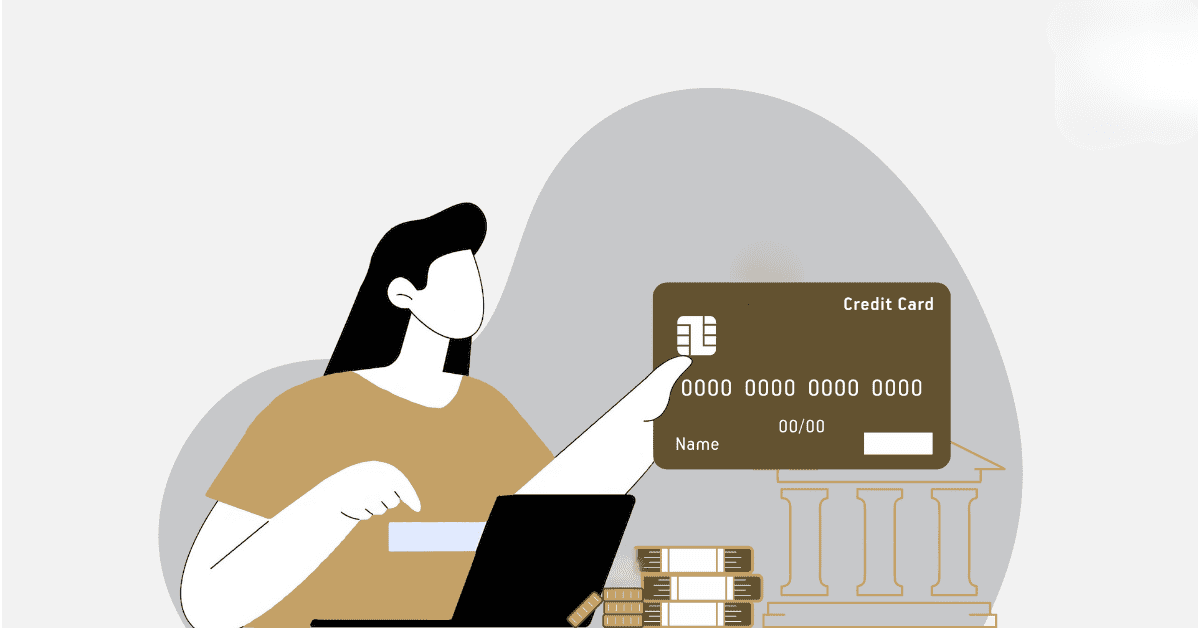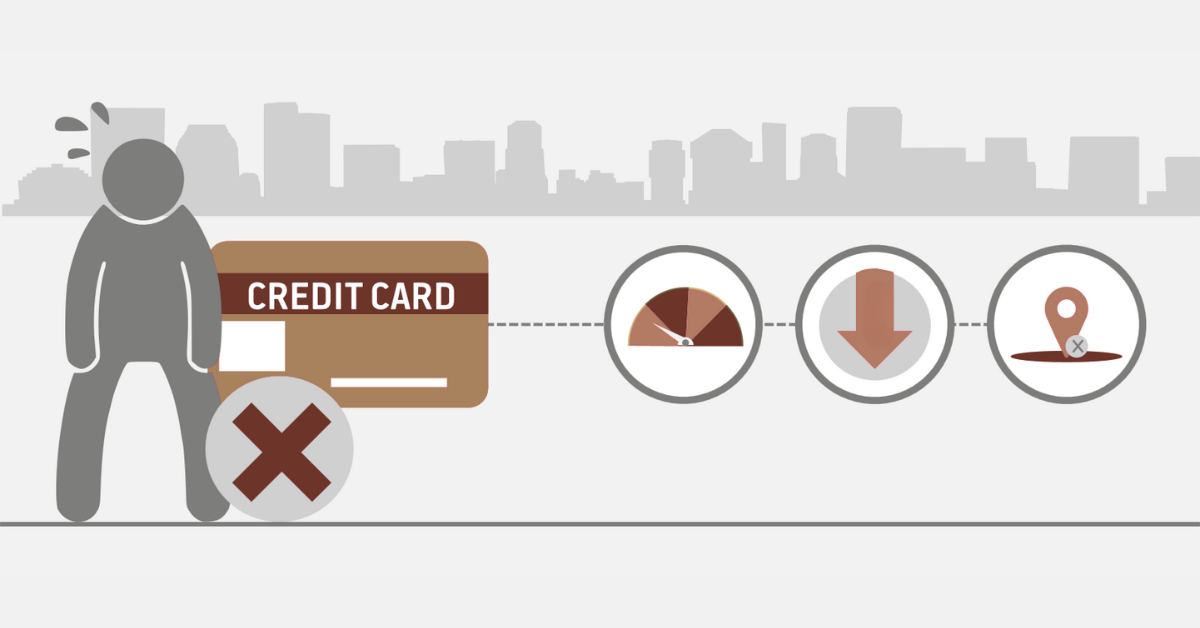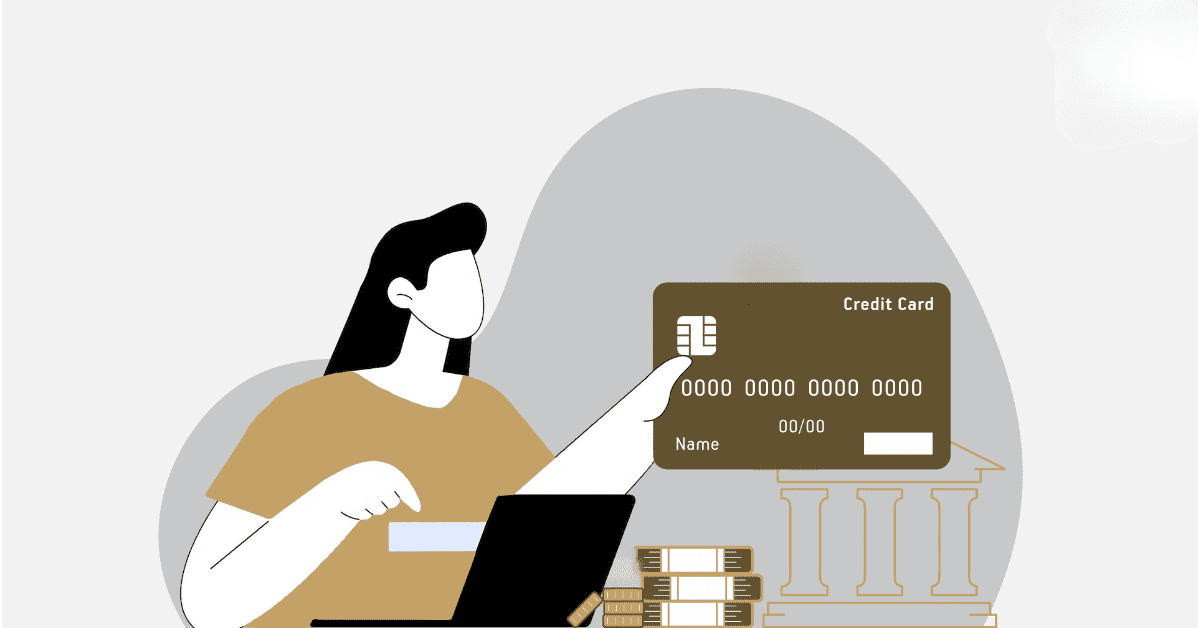There is a big chance of identity theft in this digital world. If someone opens a credit card in your name without your knowledge, that is one of the scariest types of scams. If you do not stop this illegal behaviour, it could be very bad for your finances and credit score. Well, there are easy things you can do to stay safe.
To begin, it is very important to know the signs of possible identity theft.
It is important to check your credit record from the three main credit bureaus regularly. Setting up fraud alerts with these bureaus can add an extra layer of protection.
You can also lower the risk by being proactive, regularly checking your mailbox, and making sure that sensitive papers are thrown away properly.
As we dive into the details of this, you should be able to deal with issues related to identity theft. This article will give you a better idea of how to spot an account being opened in your name, detect fraud, and more.
How to check if someone has opened a credit card in your name?
What worries you about the idea that someone might have started a credit card in your name? You are not the only one, that is for sure.
Credit card theft is common in South Africa, though, and it can seriously damage one’s finances and credit score.
However, there is a way for you to find out if someone else has started a credit account in your name.
To find out about the unauthorised use of credit cards, the first thing that needs to be done is to understand credit reports well. Your credit report has details about all of your credit accounts, loans, and credit card applications. It is a record of your credit past. If you check your credit report often, you will quickly notice any strange accounts or applications. It is important to start looking into things right away if you become aware of something that seems troubling.
If someone else has opened a credit account in your name, your credit report is the only thing that can quickly let you know about it.
How do I stop someone from opening my credit card in my name?
If you notice that someone has opened a credit in your name, the first thought is, “How do I stop this?”. But if you have been a victim and you are trying to prevent someone from opening your credit, the precautionary measures can be seen as much better because your second learning is always better than your first learning.
The ultimate way to stop someone from opening a credit card in your name is to keep all your vital documents safe. Your social security and South African ID are all vital information that, when you fall into the wrong hands, can get worse.
However, you should call the credit card company right away to let them know that someone used your name and social security number to apply for a credit card without your permission. Next, you should freeze your credit records at all three credit bureaus (Experian & TransUnion). If you do not know how to freeze your credit record, the best possible way is to quickly report. This will help you avoid another problem. It is against the law to apply for a credit card in someone else’s name. This is called “identity theft.”
A thorough check must be done in order to know if the scammer or fraud has opened another credit account in your name.
Can the bank find out who used my credit card?
The possibility of the bank finding out about the person who used your credit card is high. However, most banks do not handle theft or fraudulent issues but report it to the police for investigation.
The bank can detect if their IT or security department is tracking all their customers’ transactions. This way, the bank can detect a location with an IP, which may be doubtful. If you find yourself living in South Africa, maybe Gauteng, and your card details are being used in Nigeria, the bank can find a way around to track the user. This is the case where the user in Nigeria stole the identity of individuals in South Africa.
How to tell if fraudsters have opened bank accounts in your name?
More and more, fraud in bank accounts is a problem for both financial institutions and the people who have accounts, who are called account users.
Fraudsters are always devising new ways to open bank accounts using stolen names and money that they got illegally. They do this by taking advantage of the benefits that new technology offers. This costs the institution a lot of money, hurts its reputation, and makes regulators look more closely at businesses and financial institutions.
Financial institutions need to use effective methods and technology that can spot and stop theft before it happens to stop things like this from happening.
When you regularly look over your bank statements, you should call your bank or credit union right away if any of the transactions do not seem right. You will be safer if you tell them about the scam as soon as possible.
Please keep in mind that this will only help you find fake activity on accounts that you are already aware of.
Statements for these accounts might not get sent to you unless the scammer started the account using either your email address or your real mailing address.
If you do not notice a strange transaction on your bank statement, you might not realize that someone has started a fake bank account in your name. That being said, it happens more often than you might think.
You can get a copy of your credit report from each of the three big credit bureaus once a week. It is very important to remember that the details of a new bank account might not show up in these records.
What happens if someone opens an account in your name?
There is no generous person who would want to open a bank account in your name. It simply does not work like that. For the right reasons, anyone trying to be generous will inform you.
But when someone opens an account in your name, it simply means they have stolen your identity.
Stealing your details to open an account is a criminal offense, and culprits can be jailed for years.
When someone opens an account in your name, they are about to spend in your name. This means all debt will be borne by the account holder. This puts you in financial difficulty, damaging your entire credit score.
